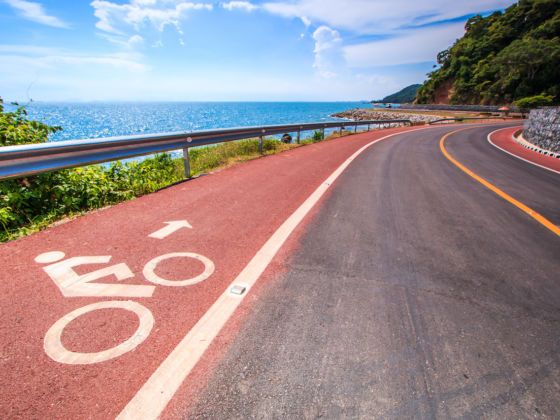This is The Climate Win, the most positive sustainability news around the world every week.
Happy Arbor Day! We urge you to take a moment today to appreciate the towering plants that are absolutely critical to our survival. Plant ‘em if you got ‘em. The hard work of trees is on full display around the globe these days. Skies around the globe have come into clearer focus in recent weeks as many hard-to-reach natural places have been branded with a “look, don’t touch” policy. One striking example is Mount Everest, which according to this Op-Ed in The Guardian, stands to benefit immensely from a year off the footpath of adventure travel. Silver linings abound.
